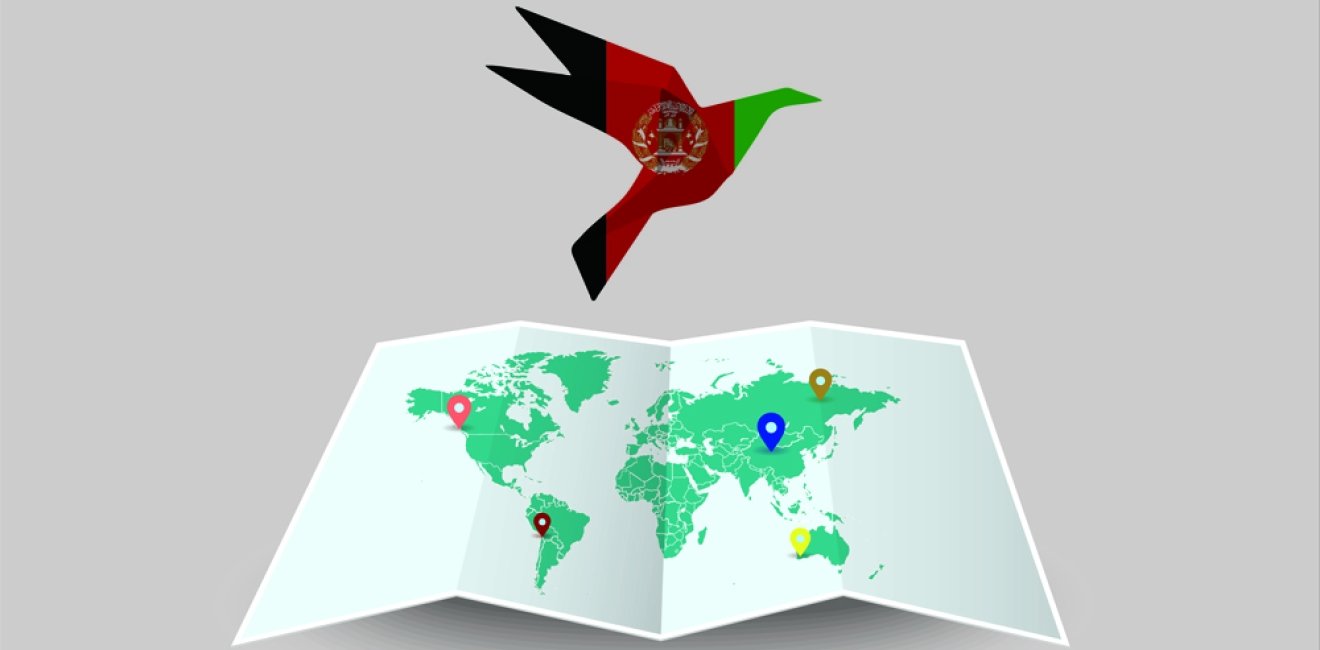
A blog of the Indo-Pacific Program
The last few days have produced a series of uplifting, heartwarming scenes in Afghanistan—not a nation where such adjectives are typically applied.
Over the course of a three-day truce declared by the Taliban to mark the Eid holiday, Afghan civilians, troops, and Taliban foot soldiers were seen mingling and enjoying sweets together in cities across the country.
The heartwarming images were short lived, however, because the ceasefire ended nearly as soon as it had begun. While the Afghan government has extended its own ceasefire for another few days, the Taliban has resolved to turn back to its fight against the Afghan government and its U.S. ally.
One might be tempted to chalk this up to one more disappointment and bad news story in a troubled country cursed by a 17-years-and-counting war.
However, all is not lost. There’s actually ample reason to be encouraged, even if the ceasefire didn’t hold.
First, the Taliban has never before carried out a ceasefire before. It agreed to peace, even if only for a few days.
Second, the ceasefire was extremely popular in Afghanistan. To be sure, some Afghans were understandably wary and uncomfortable about their Taliban tormentors—some of them still armed—mingling openly in major urban spaces. However, many Afghans welcomed the scene, and the pictures of smiling Afghan civilians attest to their happiness.
Perhaps most surprising was the reaction of Taliban fighters. This is an organization sworn to fight until all foreign forces are gone and the Afghan government has been removed. And yet there were the Taliban fighters, beaming happily and later telling news outlets that they really enjoyed the experience. It was a sentiment that wasn’t appreciated by Taliban leaders.
What this all means is that constituencies for peace have grown in Afghanistan. Not just Afghan civilians, but also Taliban members themselves, have now had a taste of peace and experienced just how wonderful it can be.
This means that Afghan President Ashraf Ghani can count on more political space and public support for a more aggressive push toward reconciliation. And it means that the Taliban leadership will need to grapple with the fact that many of its members could well find themselves less enthusiastic to fight once back on the frontlines. That could prove to be a major battlefield concern for the Taliban, but also something that could affect morale across the organization on the whole.
To be sure, it’s folly to assume that a peace process will begin anytime soon. So long as the Taliban thinks it’s winning the war—and it very much thinks it is—then it won’t have an incentive to stop fighting. Its top leadership remains determined to fight. And, given its ideological beliefs, the Taliban can’t be expected to agree to sit down at the table with an Afghan government that it rejects as illegitimate—at least not anytime soon.
Perhaps the only possible way to get the Taliban to negotiate any time in the foreseeable future is if its consistently stated precondition is met—direct talks with the United States. For Washington, which insists on an “Afghan-led, Afghan-owned” reconciliation process, such a scenario is a nonstarter. And at any rate, the Taliban could well keep fighting even if it has the ability to speak to U.S. interlocutors.
Still, all this said, while prospects for reconciliation remain bleak, events of recent days have generated a series of building blocks and confidence-building measures that give reason to believe that a peace process may not be quite as distant as we thought just a few days ago.
The views expressed are the author's alone, and do not represent the views of the U.S. Government or the Wilson Center. Copyright 2018, Asia Program. All rights reserved.
Author


Indo-Pacific Program
The Indo-Pacific Program promotes policy debate and intellectual discussions on US interests in the Asia-Pacific as well as political, economic, security, and social issues relating to the world’s most populous and economically dynamic region. Read more


Middle East Program
The Wilson Center’s Middle East Program serves as a crucial resource for the policymaking community and beyond, providing analyses and research that helps inform US foreign policymaking, stimulates public debate, and expands knowledge about issues in the wider Middle East and North Africa (MENA) region. Read more





